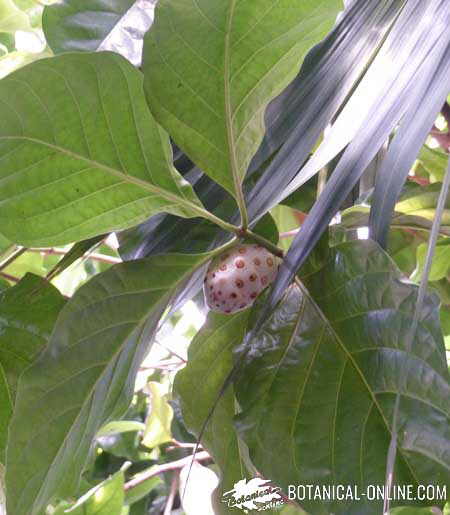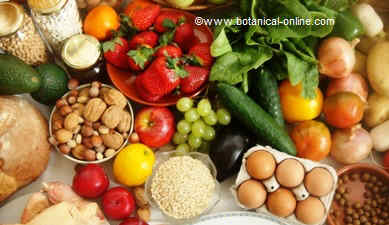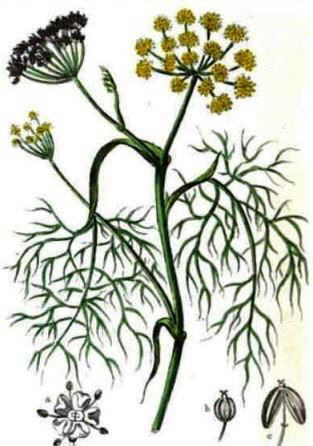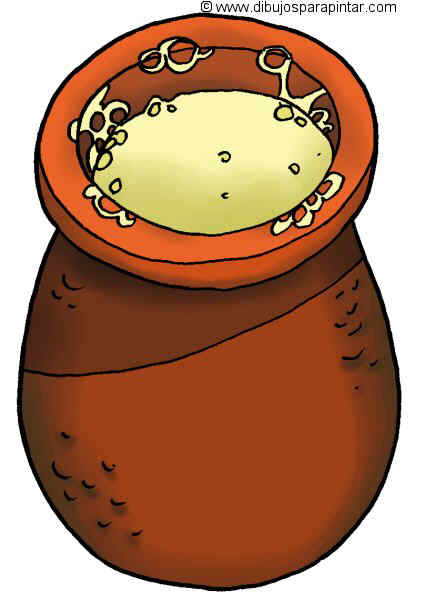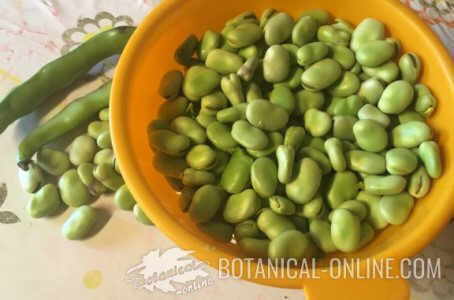Do sugary foods really make you fat?
SUGAR FOR SLIMMING
Do sugary products have a lot of calories?
Sugar is a carbohydrate, and, as such, gives us 4 calories (kcal) per gram of sugar. That is, an envelope of 10 grams of sugar provides 40 calories (kcal).
This caloric content is not much, because it does not reach even half that contributed by fats, 9 calories per gram.
For example, 10g of butter (fat) gives us 90 calories (kcal), while the same amount of sugar gives us 40 calories (kcal).
Therefore, at the quantitative level of calories, sugar is not a very caloric nutrient.
Why are sugary foods fattening?
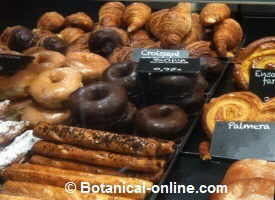
Bakery and industrial sweets, in addition to a lot of sugar, have a lot of fat
Sugary food makes you fat because most of the sugar that the population takes comes from the consumption of industrial products, such as pastries, pastries, precooked foods, etc.
Consuming 1 sachet of sugar in each main meal contributes about 100 calories (kcal) per day. In contrast, a person who daily eat chocolate bars, ice cream, candy, soda or cookies, is ingesting three times more calories or even more , only in each of these industrial foods.
- Sugary foods make you fat because its food sources come mainly from industrial foods, also rich in fat with a lot of calories.
Although as we have said, most sugary foods are of industrial origin, there are also natural foods rich in carbohydrates. These foods are fruits, vegetables and dairy products. However, natural foods do not contain even half the sugar of industrial products.
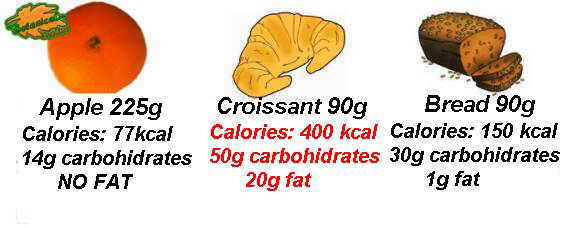
Nutritional comparison between fruit, pastries and bread. No food of natural origin contains as many carbohydrates and as many fats as industrial products.
Is fat the only fattening component?
No. A diet without fat but very rich in sugar and carbohydrates can also produce an increase in body fat. In other words, it is possible to “get fat” by eating lots of fruit, honey, milk, pasta, bread, fruit juices, etc., as well as cereals, vegetables, legumes, or other diet components. Next, this event is explained:
Sugar increases insulin, which stimulates the production of fat
Beyond calories, we could talk about the effects produced by sugar in the body. Whether sugar from a fruit juice, or an envelope of refined sugar, both increase insulin levels. The body produces insulin to control blood sugar levels and prevent damage to the cells that hyperglycemia would cause . When cells take up insulin, they remove sugar from the blood and store it in the form of body fat.
If too much sugar is consumed, insulin levels rise too much. A continuous state of hyperinsulinemia causes that, in the long term, the cells do not react to this hormone, producing “insulin resistance”. It is a very complex metabolic disorder that involves changes in the sensation of hunger, but the most remarkable thing is that it is involved in the increase of metabolic diseases such as diabetes and obesity.
Foods with fattening sugar
Eating a lot of foods rich in carbohydrates or fats, is an excess of energy that the body stores in the form of body fat.
The foods richest in carbohydrates are mainly those produced by the food industry: pastries, cakes, biscuits, sauces, bread, sugary breakfast cereals, milkshakes, industrial juices and nectars, etc. Many of these foods also contain a lot of fat.
Natural foods contain much less sugar
Natural foods contain less carbohydrates than industrial products. While most fruits contain between 5 and 15% carbohydrates, industrial sweets (chocolates, pastries, cookies, breakfast cereals, etc.), contain more than 20% sugar, in addition to the possible Complex carbohydrates (flour), reaching up to 60% of total carbohydrates.
- Among the natural foods rich in carbohydrates, we have : legumes, rice, corn, potatoes, cereals in general and cereal derivatives, such as bread and pasta.
![]() More information on sugary foods.
More information on sugary foods.
4 April, 2025

